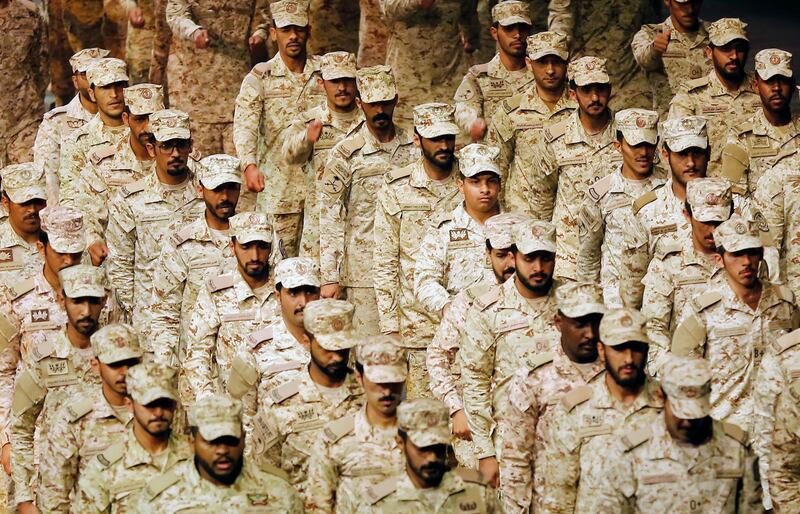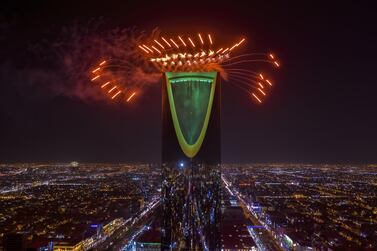An attacker who stabbed performers during a live concert in the Saudi capital of Riyadh last month has confessed that he did so at the direction of Al Qaeda in Yemen.
The incident occurred at King Abdullah Park on November 11, one of several venues hosting a two-month-long Riyadh Season entertainment festival.
The unnamed man confessed to his link to Al Qaeda in the Arabian Peninsula based in Yemen during a hearing at Riyadh’s criminal court. The court heard that the man carried a sharp object and stabbed a security guard and two band members after receiving orders from the Yemen-based terrorist group.
“Before his attack, the man covered his face and delivered a poem against the kingdom’s entertainment commission,” the court said in a statement.
Police said the man arrested was a 33-year-old Yemeni expatriate and the knife used in the attack was seized.
Videos posted on social media portrayed the man welding a knife and rushing into performers on stage at the park.
Three people, two men and a woman, were wounded in the incident but were taken to hospital.
The accused was chased and tackled by another man as the performers fled from the stage. The three victims were in a stable condition after the attack, police said.
The court said it had gained enough evidence to prove “the man had participated in the terror group’s activities in Yemen”.
The November 11 concert is one of the dozens of live entertainment events in the kingdom as the Saudi government sees to open up society, improve quality of life and become a tourist destination as it diversifies its economy away from oil.
Al Qaeda in the Arabian Peninsula has long had a foothold in Yemen, despite a substantial campaign led by the US through the late-2000s that included the heavy use of unmanned drones to carry out strikes.
They grew in strength in the lead up to the country’s civil war in 2015.
The two men who carried out the January 2015 attacks on French satirical newspaper Charlie Hebdo both had ties to AQAP in Yemen. The attack left 12 dead and 11 others wounded.
AQAP then claimed responsibility for the attack. But the group took advantage of the chaos caused months later by the rebel Houthi capture of the Yemeni capital and much of the north and centre of the country to stage a resurgence.
AQAP fighters stormed the city of Mukalla in 2015, looted the banks taking an estimated $200 million (Dh734.6m) and freeing more than 300 fellow fighters from local prisons. They then established courts and their own governance structures, using the city as a hub from which to plan further attacks.
A campaign carried out by local pro-government forces with significant help from the UAE, as well as US air strikes, recaptured Mukalla from AQAP and has secured the region while the process of rebuilding has begun.
The counterterrorism focus of the UAE, which intervened in the country at the request of the government as part of a Saudi-led coalition, has led to a significant degrading of AQAP’s capabilities. The Emirates helped arm, train and support a force of 12,000 – including 4,000 local tribal fighters – to liberate Mukalla and fight AQAP in April 2016.







